What Are The Best Batteries For A Camera ?
The best batteries for a camera are typically rechargeable lithium-ion batteries. They offer high energy density, longer life, and better performance compared to disposable batteries. Some popular brands for camera batteries include Canon, Nikon, Sony, and Panasonic. It is important to check the specific battery model recommended by the camera manufacturer to ensure compatibility and optimal performance. Additionally, it is advisable to carry spare batteries when shooting for extended periods or in remote locations to avoid running out of power.
1、 Lithium-ion batteries: High energy density and long-lasting performance.
Lithium-ion batteries are widely regarded as the best option for cameras due to their high energy density and long-lasting performance. These batteries have become the industry standard for many electronic devices, including cameras, due to their numerous advantages.
One of the key benefits of lithium-ion batteries is their high energy density. This means that they can store a large amount of energy in a compact size, allowing cameras to operate for extended periods without needing frequent battery changes. This is particularly important for photographers who often need to capture a large number of images or record videos for extended periods.
Furthermore, lithium-ion batteries have a low self-discharge rate, which means they can hold their charge for longer periods when not in use. This is especially beneficial for photographers who may not use their cameras regularly, as they can rely on the battery to retain its charge for longer periods.
Another advantage of lithium-ion batteries is their ability to provide consistent power output throughout their lifespan. Unlike other battery types, such as nickel-metal hydride (NiMH) batteries, lithium-ion batteries do not experience a significant drop in performance as they discharge. This ensures that photographers can rely on consistent power delivery, resulting in more reliable and consistent camera performance.
Moreover, lithium-ion batteries are lightweight, which is crucial for photographers who often carry their equipment for extended periods. The lightweight nature of these batteries reduces the overall weight of the camera gear, making it more comfortable to handle and carry around.
It is worth noting that battery technology is constantly evolving, and new advancements are being made to improve battery performance. While lithium-ion batteries are currently the best option for cameras, it is always recommended to stay updated with the latest developments in battery technology to ensure optimal performance for your camera.
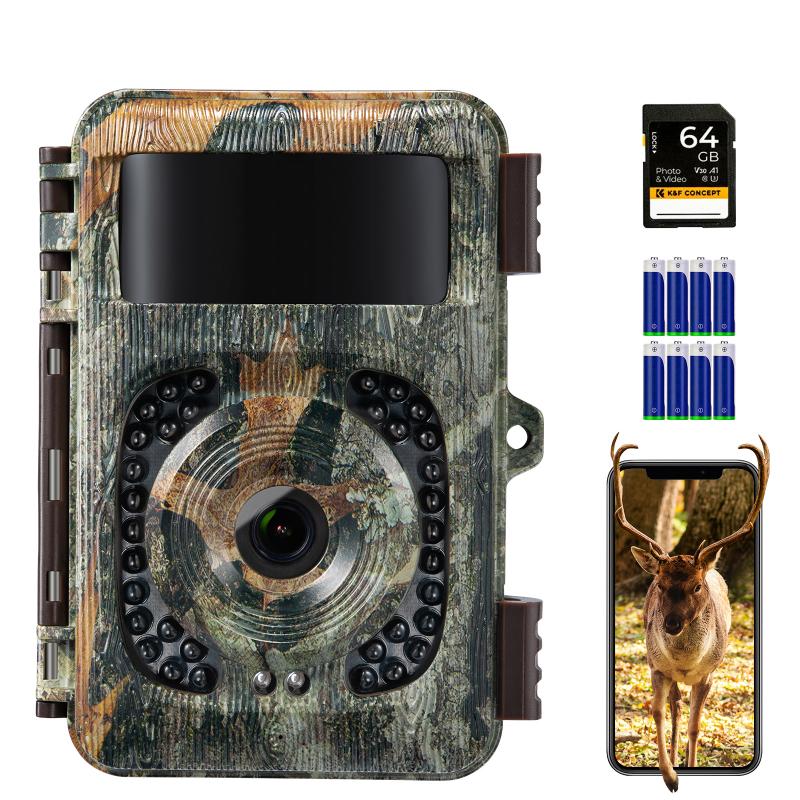
2、 Nickel-metal hydride (NiMH) batteries: Rechargeable and environmentally friendly option.
Nickel-metal hydride (NiMH) batteries are often considered the best option for cameras due to their rechargeable nature and environmental friendliness. These batteries have been widely used in various electronic devices, including cameras, for many years.
One of the key advantages of NiMH batteries is their ability to be recharged multiple times. This makes them a cost-effective choice in the long run, as they can be reused instead of being disposed of after a single use like alkaline batteries. Additionally, NiMH batteries have a higher energy density compared to other rechargeable batteries, allowing them to provide longer-lasting power for cameras.
Another significant benefit of NiMH batteries is their environmental friendliness. Unlike disposable alkaline batteries, which contribute to landfill waste, NiMH batteries can be reused hundreds of times before they need to be replaced. This reduces the overall amount of battery waste and helps to minimize the environmental impact.
In recent years, there have been advancements in NiMH battery technology, leading to improved performance. The latest NiMH batteries have higher capacities, allowing them to provide even longer runtimes for cameras. They also have reduced self-discharge rates, meaning they can hold their charge for longer periods when not in use.
However, it is worth noting that the emergence of lithium-ion (Li-ion) batteries has provided a strong alternative to NiMH batteries. Li-ion batteries offer higher energy densities and longer lifespans, making them a popular choice for many modern cameras. They also have a lower self-discharge rate compared to NiMH batteries, which can be beneficial for infrequently used cameras.
Ultimately, the choice between NiMH and Li-ion batteries for a camera depends on individual needs and preferences. While NiMH batteries remain a reliable and environmentally friendly option, it is important to consider the specific requirements of the camera and the desired performance before making a decision.
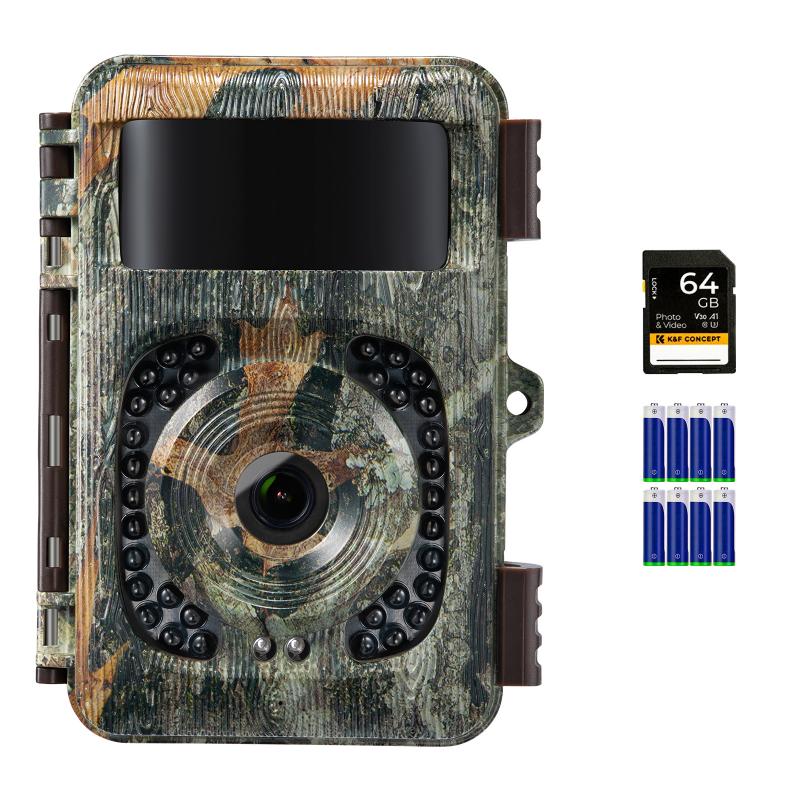
3、 Alkaline batteries: Widely available and suitable for occasional camera use.
Alkaline batteries have long been a popular choice for cameras due to their wide availability and suitability for occasional camera use. They are affordable and can be found in most stores, making them convenient for photographers who may need to quickly replace their batteries while on the go. Alkaline batteries also have a relatively long shelf life, which means they can be stored for extended periods without losing their charge.
However, it is important to note that the latest advancements in battery technology have introduced alternatives that may offer better performance and value for camera users. One such alternative is rechargeable batteries, specifically nickel-metal hydride (NiMH) batteries. These batteries have a higher capacity and can be recharged multiple times, making them more cost-effective in the long run. They also tend to perform better in high-drain devices like digital cameras, providing a more consistent power output.
Lithium batteries are another option that has gained popularity in recent years. They offer a longer lifespan and better performance in extreme temperatures compared to alkaline batteries. Lithium batteries are also lighter, which can be advantageous for photographers who need to carry multiple batteries for extended shoots or travel.
Ultimately, the choice of batteries for a camera depends on the specific needs and preferences of the photographer. Alkaline batteries remain a reliable and widely available option for occasional camera use. However, for those seeking better performance, longevity, and cost-effectiveness, rechargeable NiMH or lithium batteries may be worth considering. It is always recommended to check the camera's user manual for the manufacturer's recommended battery type and to consider the specific requirements of the photography activities planned.

4、 Zinc-carbon batteries: Affordable but less efficient for camera usage.
The best batteries for a camera depend on various factors such as the type of camera, usage requirements, and personal preferences. However, one commonly recommended option is rechargeable lithium-ion batteries. These batteries offer several advantages over traditional disposable batteries.
Lithium-ion batteries are known for their high energy density, which means they can store a large amount of power in a compact size. This is particularly beneficial for cameras as they require a consistent and reliable power source. Lithium-ion batteries also have a low self-discharge rate, meaning they can hold their charge for extended periods when not in use. This is especially useful for photographers who may not use their cameras frequently.
Furthermore, lithium-ion batteries have a longer lifespan compared to other battery types. They can be recharged hundreds of times before needing to be replaced, making them a cost-effective choice in the long run. Additionally, many cameras have specific battery models designed to work optimally with lithium-ion technology, ensuring compatibility and optimal performance.
On the other hand, zinc-carbon batteries are a more affordable option but are generally less efficient for camera usage. They have a lower energy density and tend to drain quickly, especially when used in power-hungry devices like cameras. While they may be suitable for occasional or emergency use, they are not recommended for regular camera usage.
In recent years, there have been advancements in battery technology, such as the introduction of lithium-polymer batteries. These batteries offer similar advantages to lithium-ion batteries but in a more flexible and lightweight form. However, their adoption in cameras is not as widespread as lithium-ion batteries.
Ultimately, the best batteries for a camera are rechargeable lithium-ion batteries due to their high energy density, long lifespan, and compatibility with camera models. They provide a reliable and efficient power source, ensuring that photographers can capture their moments without worrying about battery life.
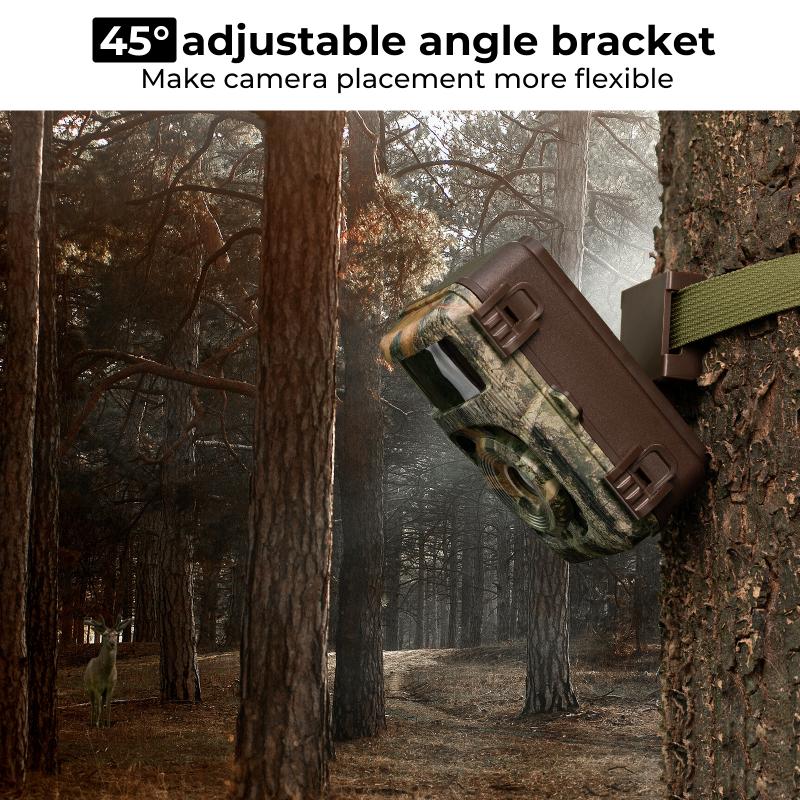

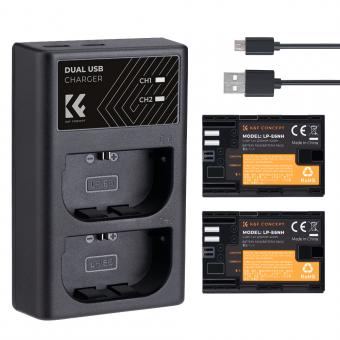
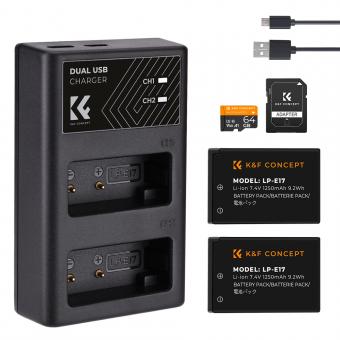
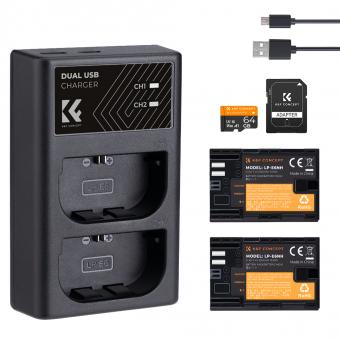
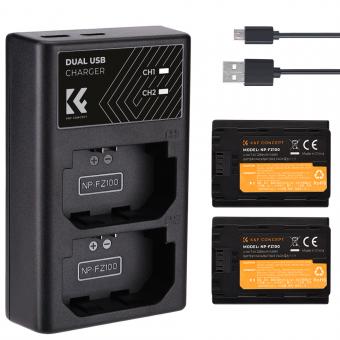
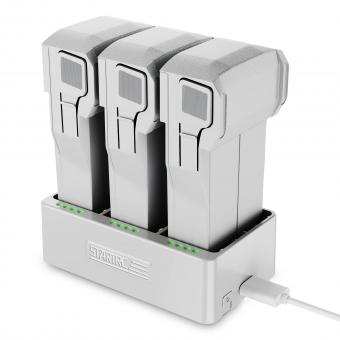
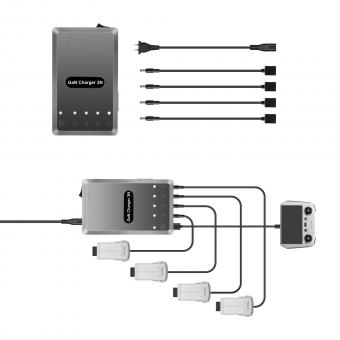
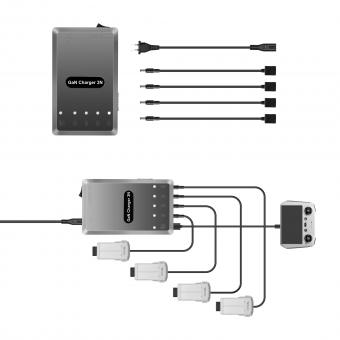
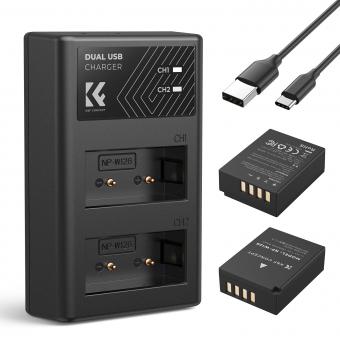
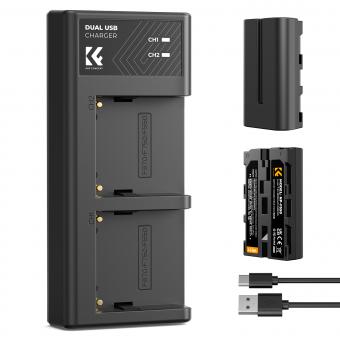
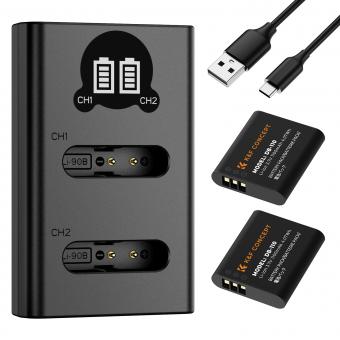
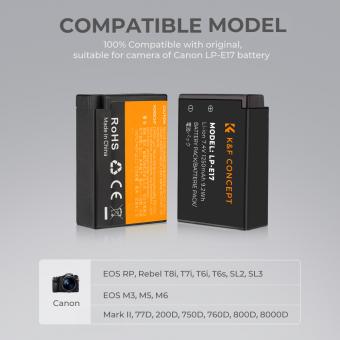


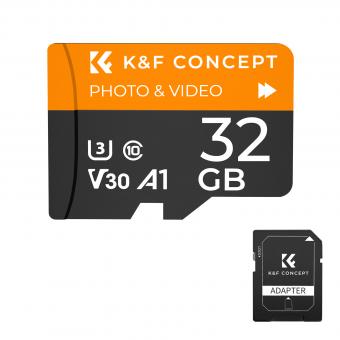


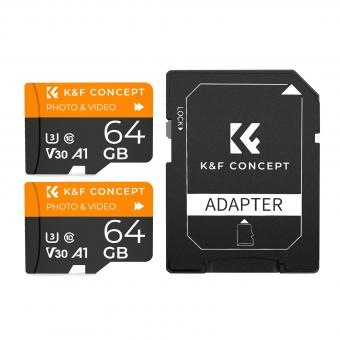

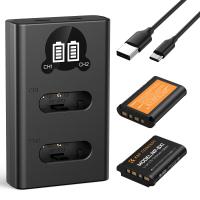
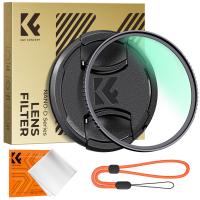
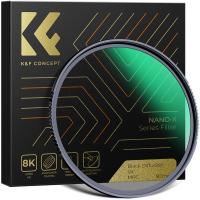
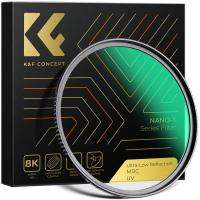
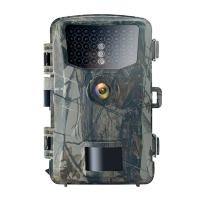
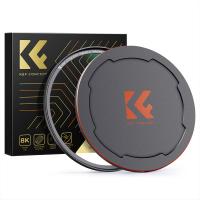

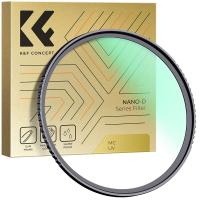
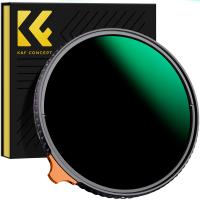
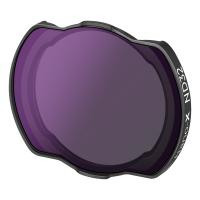
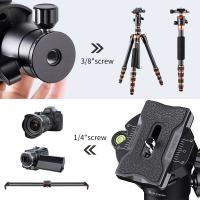
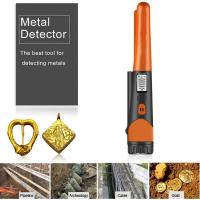
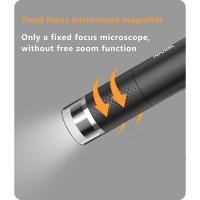


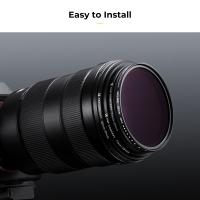
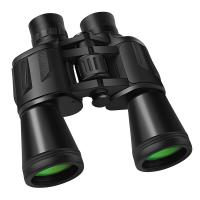
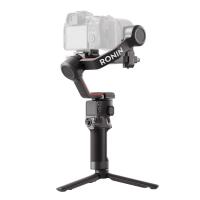
There are no comments for this blog.